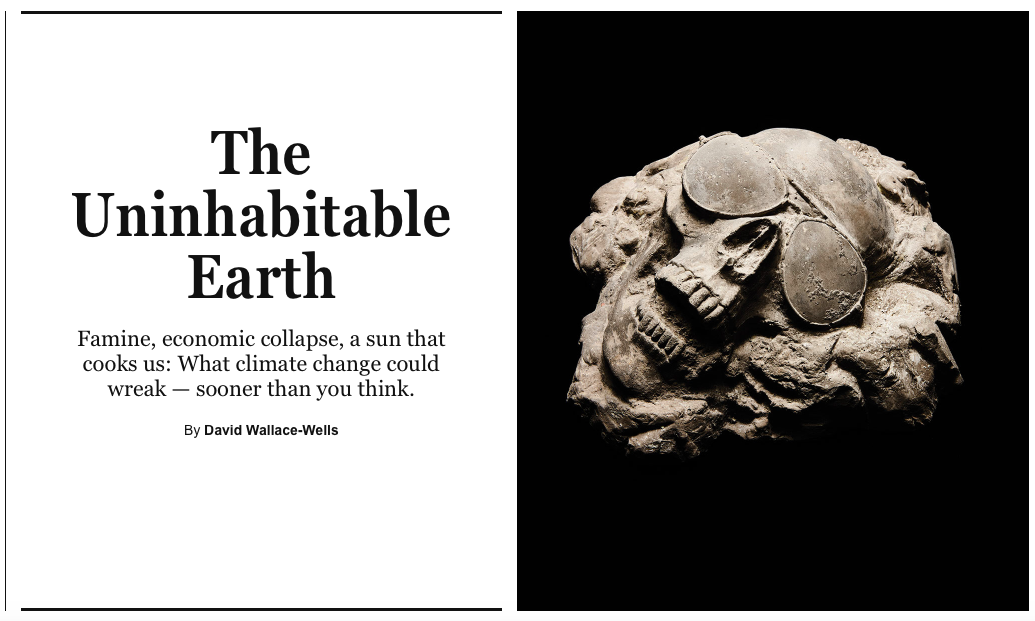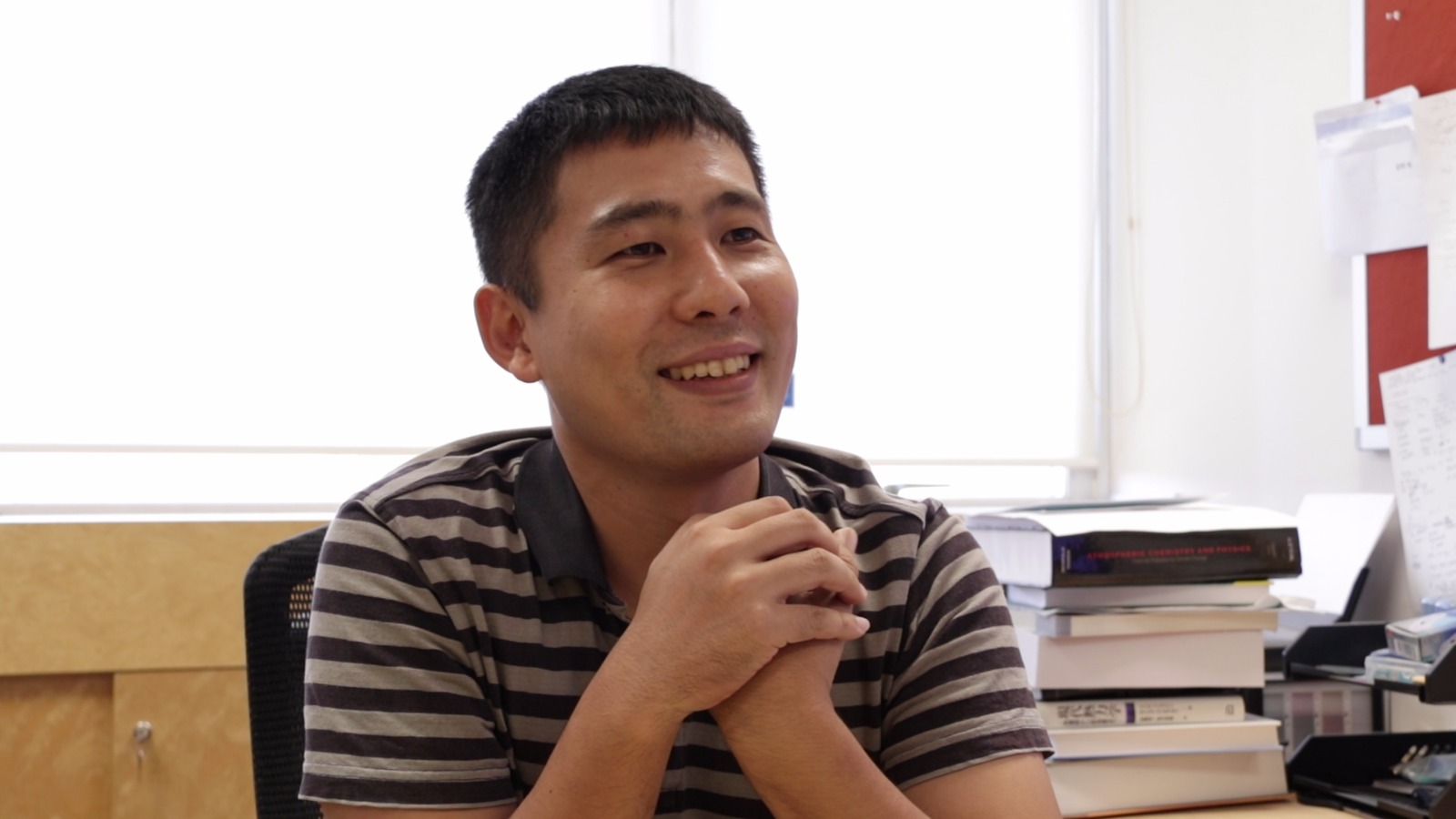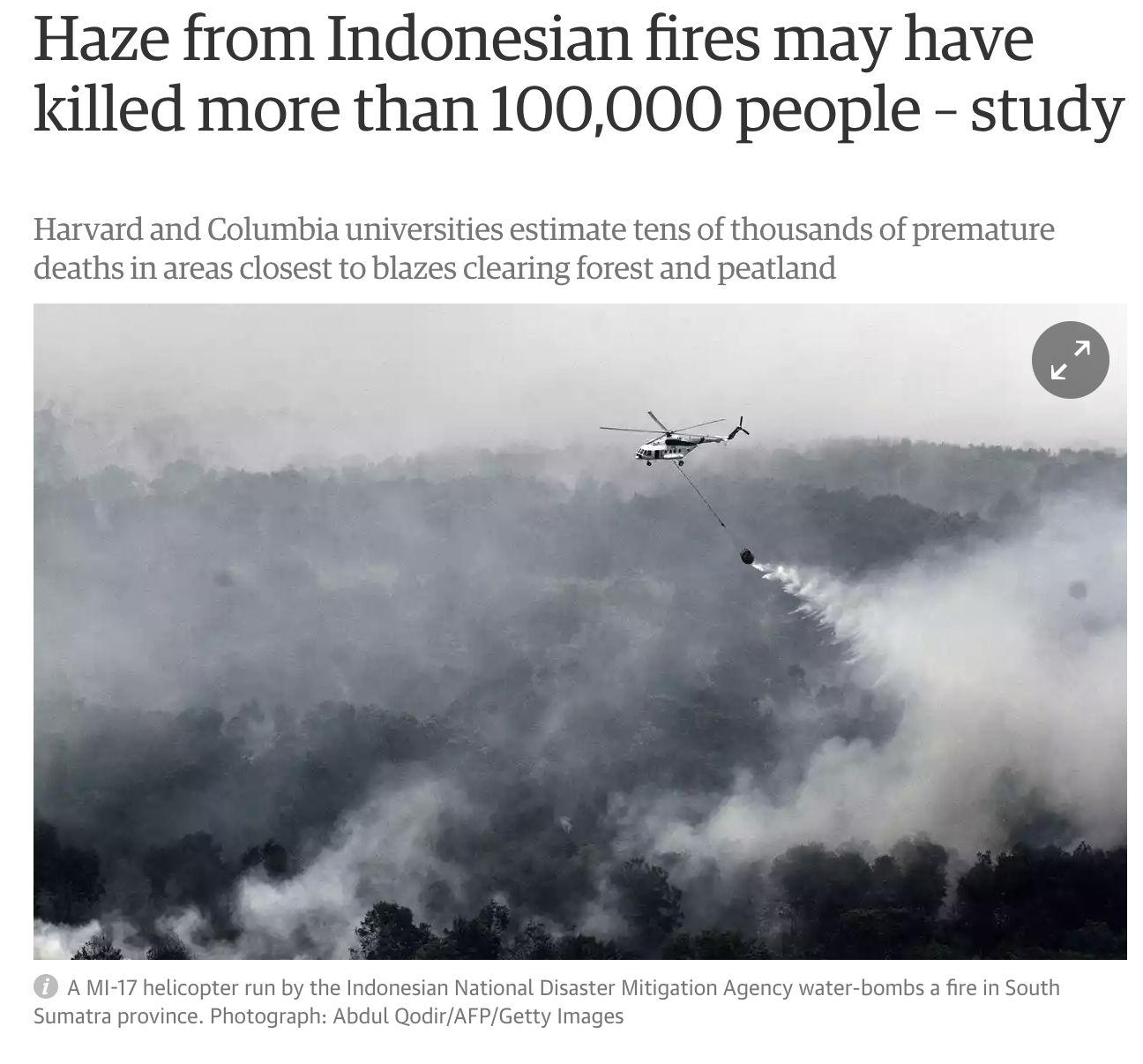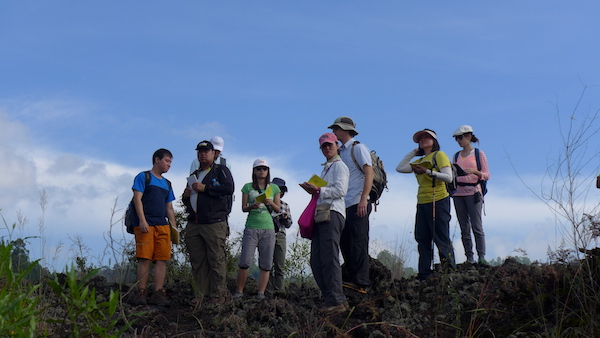
The media’s use of alarmist words to communicate science is a challenging and multifaceted issue. Peeling back the layers, we find that there are many complex processes involved in science communication.
On the one hand, we have a large, relatively disaffected populace who are not necessarily familiar with scientific discourse. They may find the specialised language and vocabulary of science and scientific terminology inaccessible.
On the other hand, we have scientists and researchers, as well as media channels, who may or may not be informed about the nature of the scientific research they are communicating to the public.

Oftentimes, a call to action tends to incorporate the sensationalisation of issues, and discourses can veer away from accuracy in order to appeal to a general public. The question then arises: is sensationalisation really necessary?
Recently, climate scientist Michael E. Mann reacted on social media to a sensationalist article about climate change, saying “The evidence that climate change is a serious problem that we must contend with now, is overwhelming on its own. There is no need to overstate the evidence, particularly when it feeds a paralysing narrative of doom and hopelessness.”
Dr Mikinori Kuwata, a Principal Investigator at the Earth Observatory of Singapore who specialises in atmospheric chemistry, discussed the challenges of communicating science, highlighting the ambiguity inherent in scientific discourse.

"Scientists can always talk about probability,” he said, “but in many cases – it’s very difficult to say if something will happen for sure.” Dr Kuwata noted that the general public is usually unsatisfied with answers that deviate from a conclusive yes or no.
He also spoke about the challenges he faced when communicating with the media, especially in relation to his identity as a scientist and researcher. “I want to be scientifically accurate. If I know only a probability or trend, I won’t feel comfortable providing a conclusive yes or no answer,” he said. “If there is variability, my job is to talk about the range of variability. I always try to be honest to myself and others.”
The annual haze in Southeast Asia, originating in Indonesia, is just one example of how science can be sensationalised by the media. The public will encounter headlines such as “Haze from Indonesian fires may have killed more than 100,000 people – study.” Pairing words such as “haze" and "killed” and using phrases like “killer haze” can, sometimes unintentionally, lead to miscommunication of the truth.

For Dr Kuwata, it is easier to answer questions about research that he has already completed. Making predictions is trickier.
“If someone asks me about what’s going to happen in the next five or ten years, I can tell them what to expect. At the same time, however, I know that there are many possible scenarios, and that I need to communicate all of them so that people truly understand what I’m saying,” he said.
But the questions remain: Is it the public’s responsibility to keep themselves attuned to the different discourses that are used to talk about climate change? Or should the media play a more active role in communicating scientific research accurately and responsibly? How can scientists best communicate the urgency of challenges like climate change without relying on alarmist words or sensationalising language?

Science is more intertwined with language than we might think. Indeed – to borrow a phrase from Professor James Gee, a prominent psycholinguistics researcher – scientific discourses, like all discourses, are combinations of “saying-doing-being-valuing-believing.”
Navigating a multiplicity of discourses in an attempt to communicate science remains an ongoing, yet crucial challenge for scientists, media outlets, and lay people worldwide.